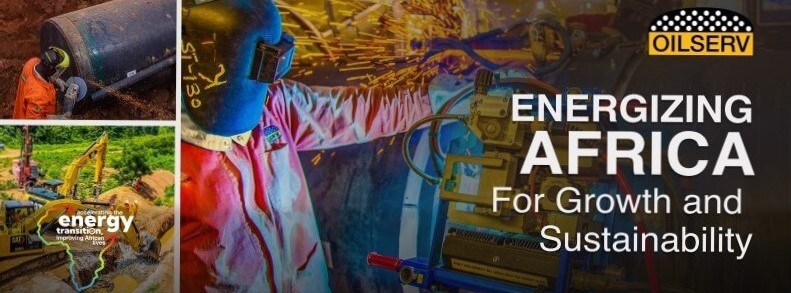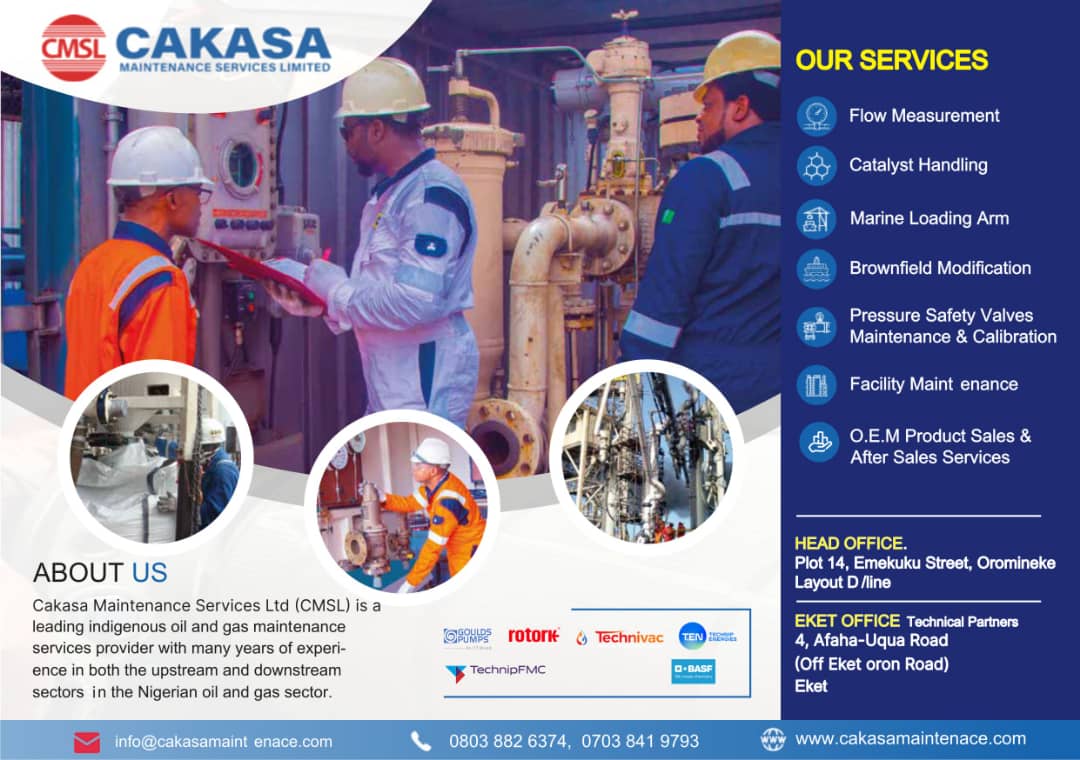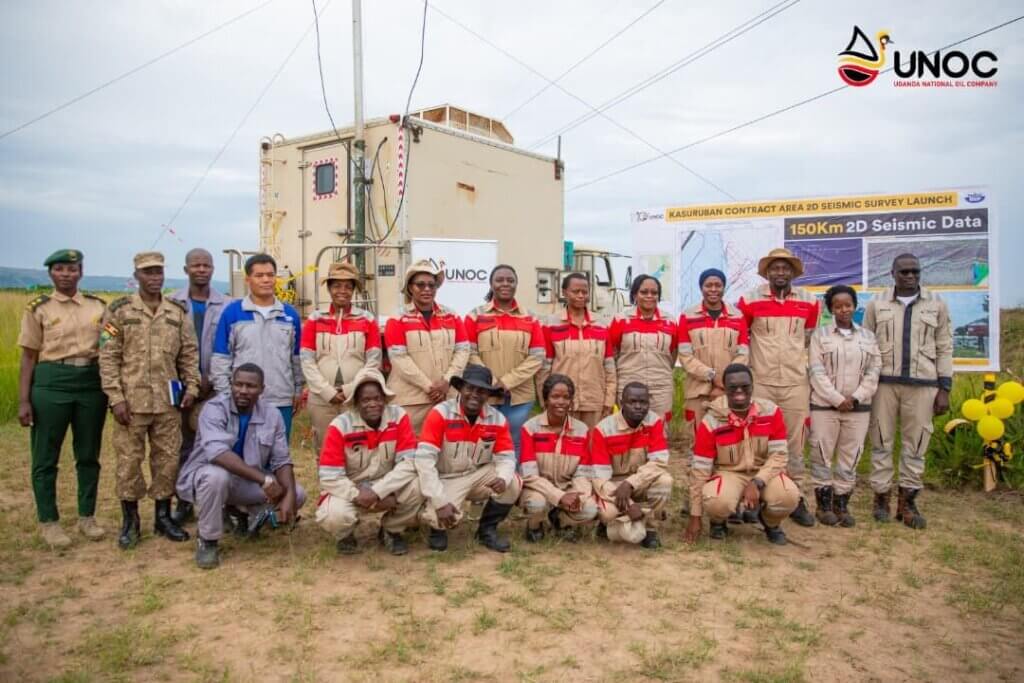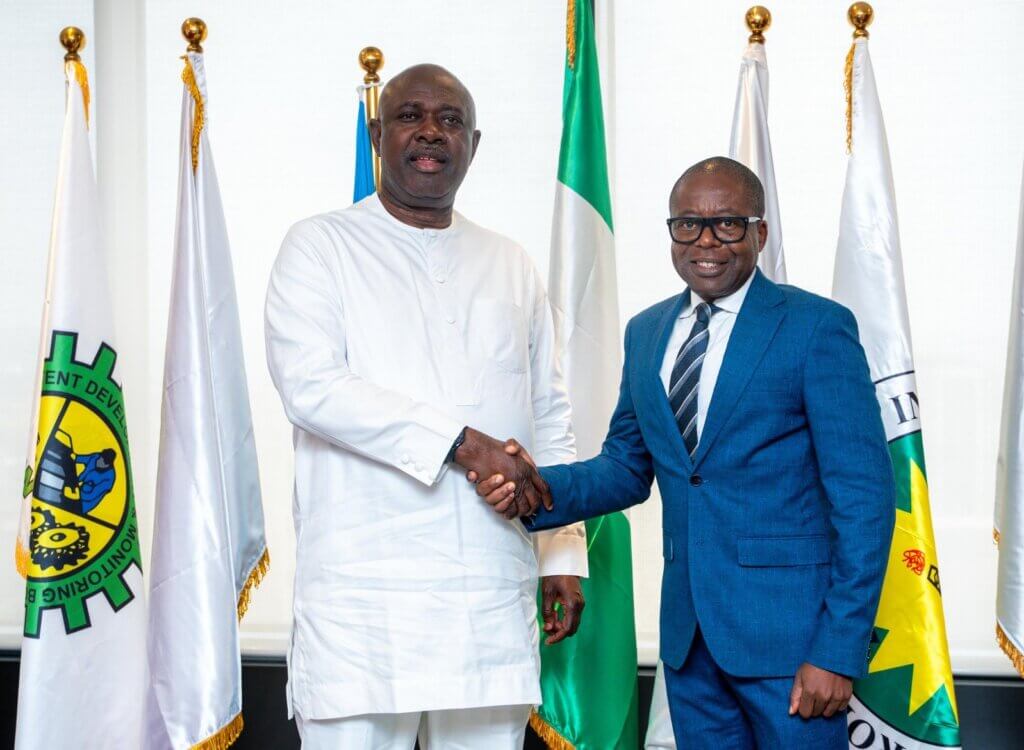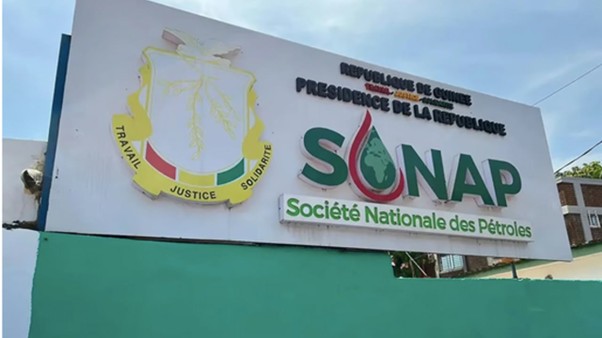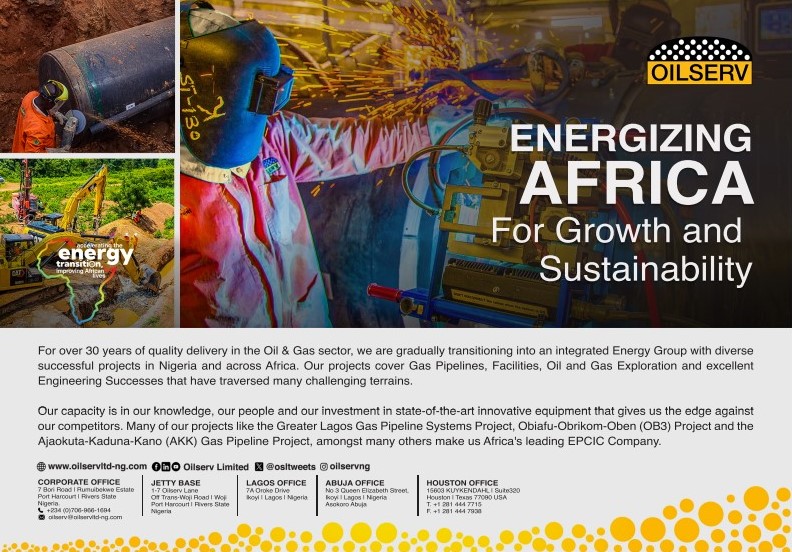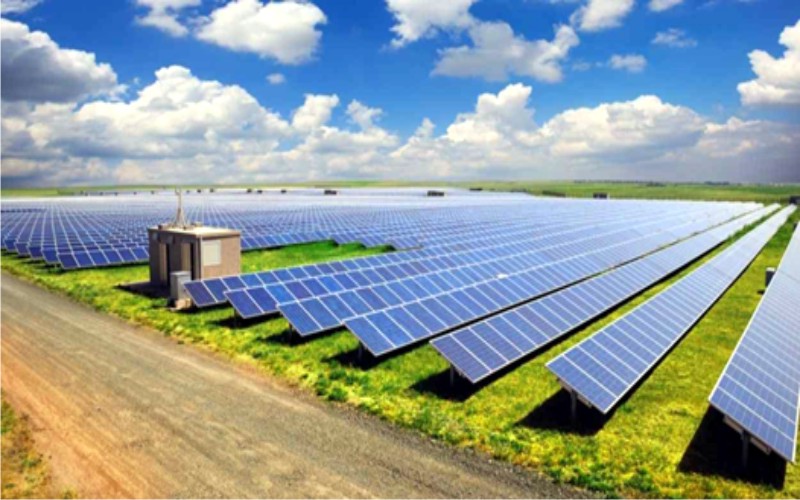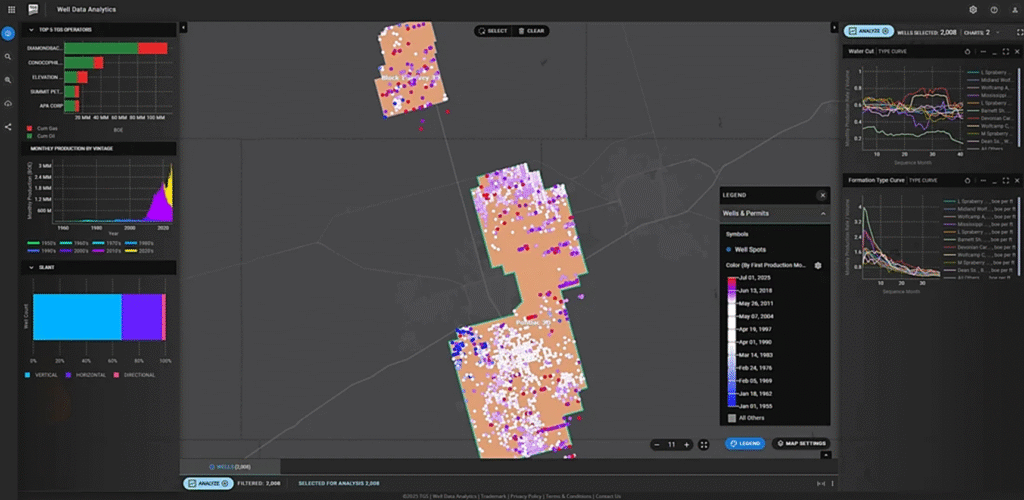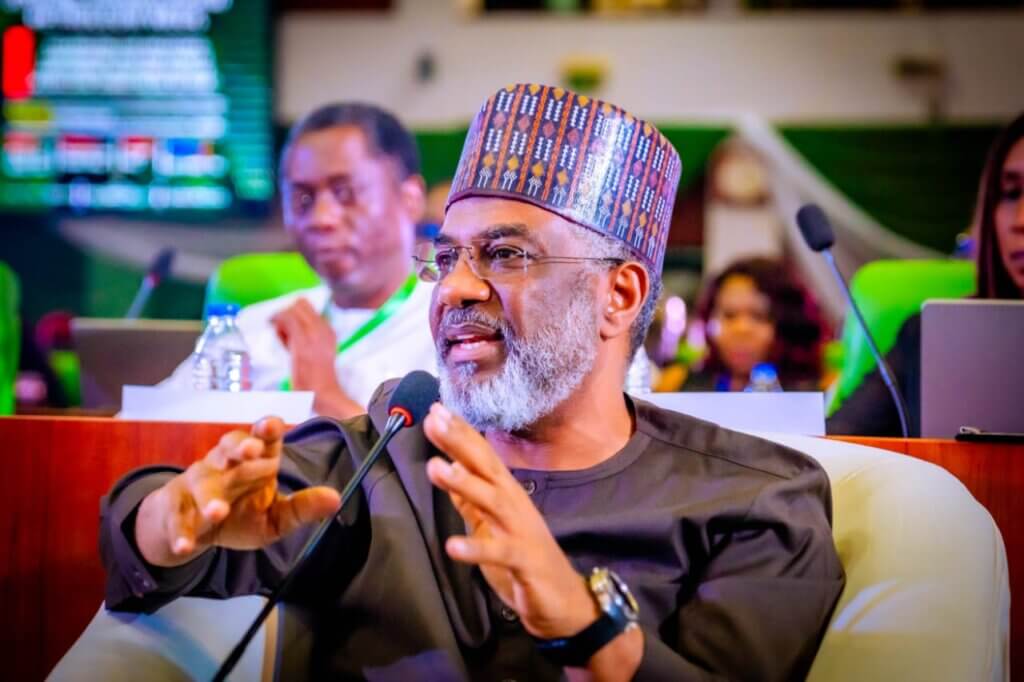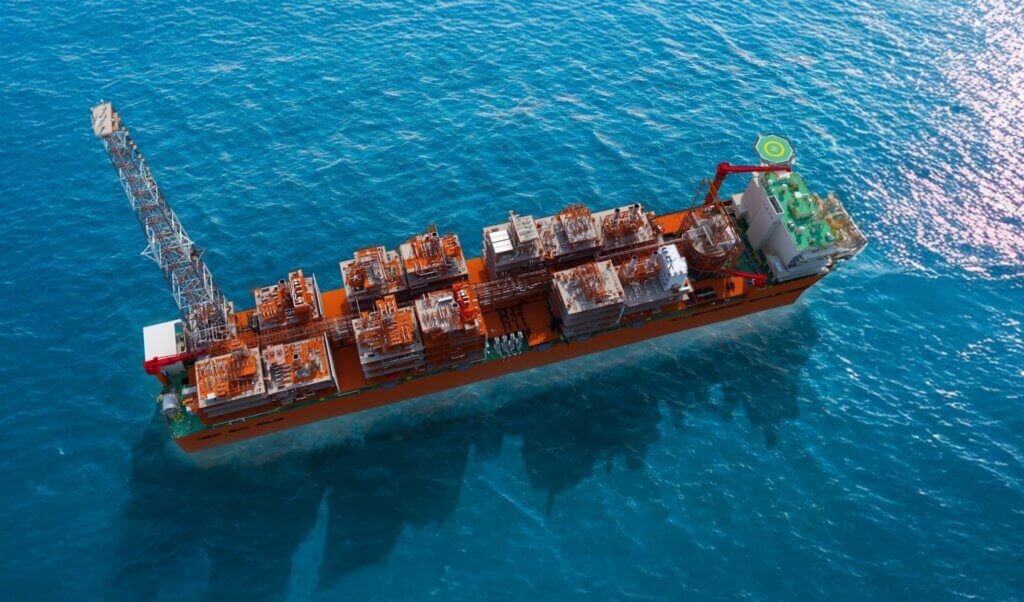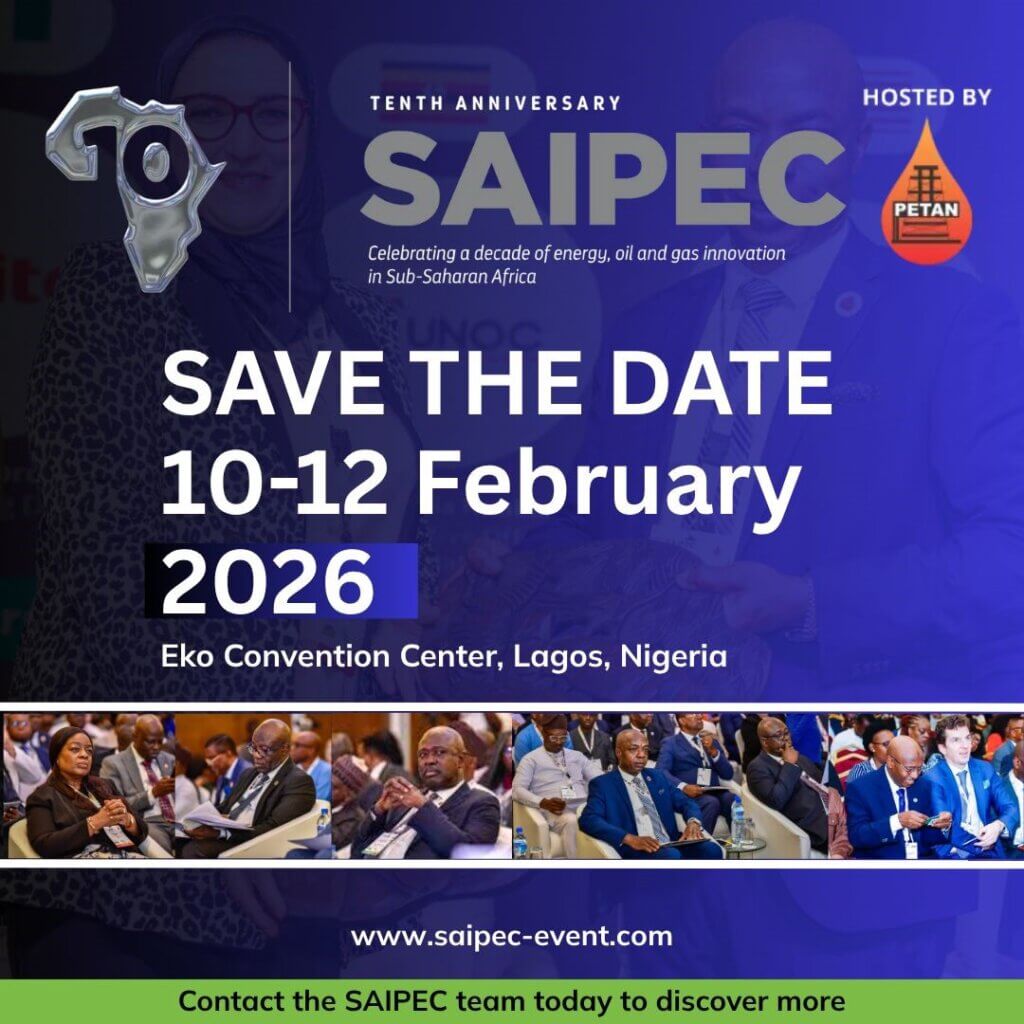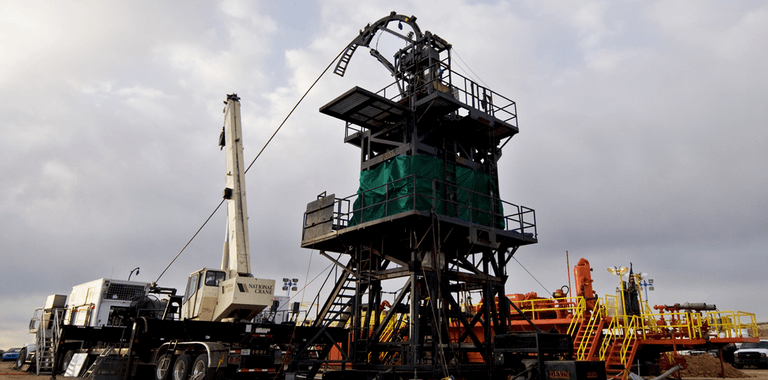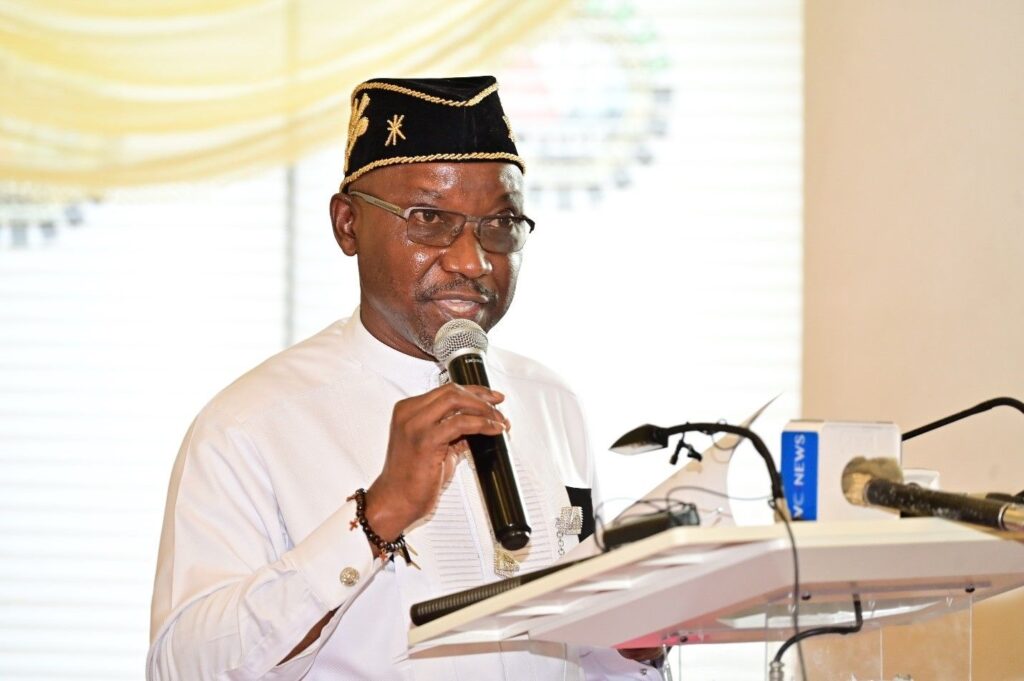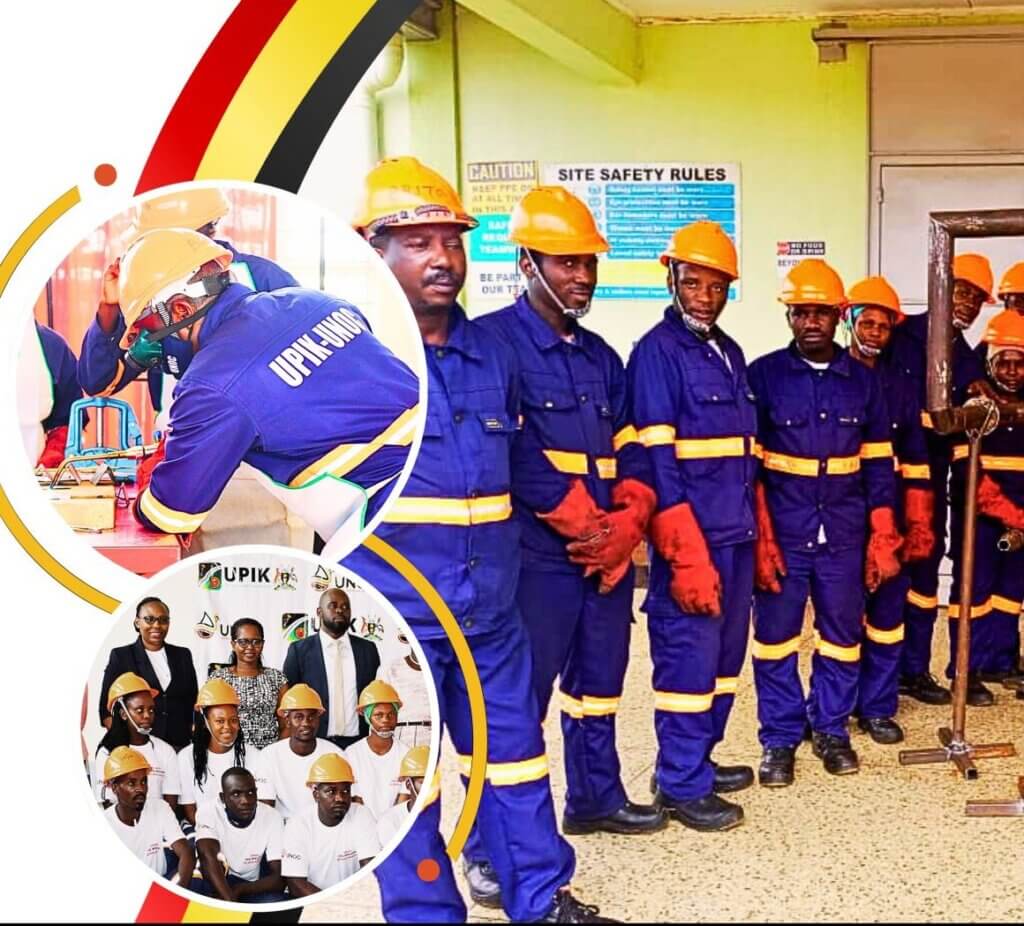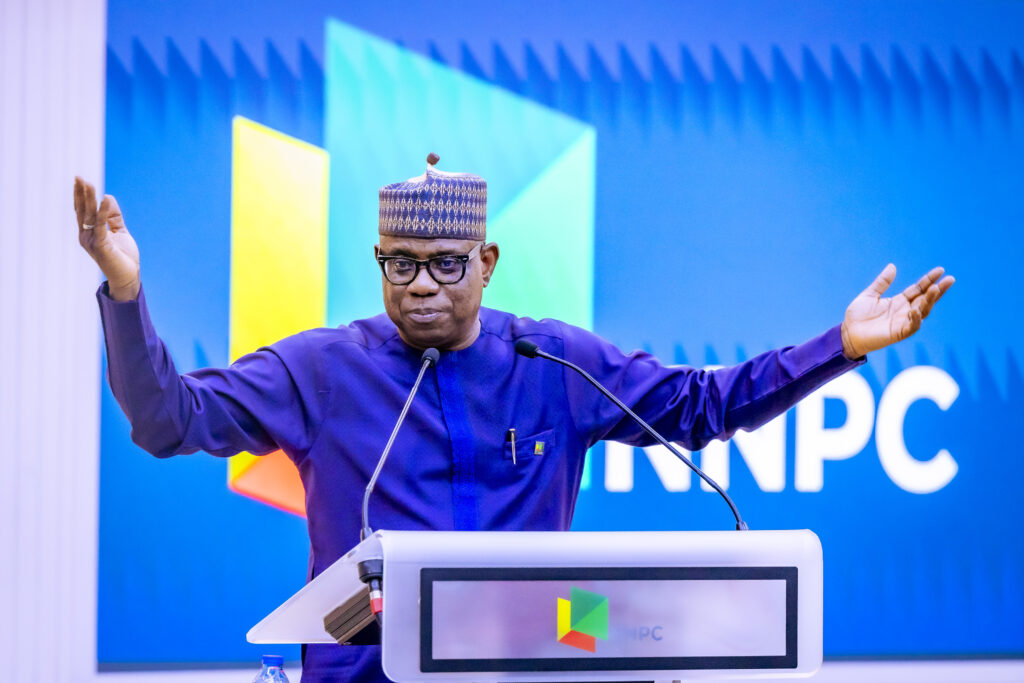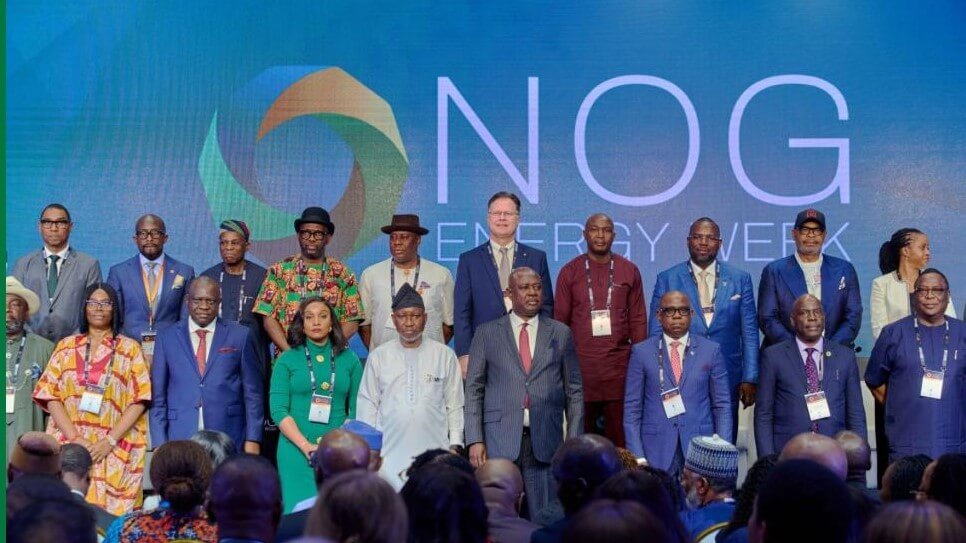
Nigeria has recently become the beehive of global energy stakeholders following the overwhelming attendance of this year’s annual global NOG Energy Week 2025 event.
This year’s event, with the theme: was held at the Bola Ahmed Tinubu International Conference Centre, Abuja, gathering global energy leaders, policymakers, investors, and innovators in a bid to tackle critical challenges and to unlock transformative solutions.
Nigeria is in dire need to ramp up its crude oil production to 2 million barrels per day by 2027 and peak at 3 million bpd by 2030. In achieving these laudable targets, the administration of President Ahmed Bola Tinubu has rolled out enabling economic reforms and presidential directives to encourage investors in the upstream sector.
According to the Chairman of the Independent Petroleum Producers Group, IPPG, Engr. Abdulrazaq Isa, during his presentation at the NOG Energy Event, Engr Isa declared that Nigeria’s ambitious goal to increase crude oil production to 3 million barrels per day, bpd, and gas output to 13 billion standard cubic feet per day by 2030 is achievable
He projected that the current divestment of onshore assets by International Oil Companies and their subsequent acquisition by the indigenous companies is evidence that the bulk of the projected incremental production, 1.3 million bpd and 4.5 billion scf/d, is expected to come from these assets.
“We are quite aware of this national responsibility and have already begun implementing key strategic plans to ramp up production,” Engr. Isa stated.
Buttressing Engr. Abdulrazaq Isa assertion is the Chairman of Renaissance Africa Energy Company Limited; Dr. Layi Fatona who during his speech in different session disclosed that Renaissance Africa Energy Company Limited has ramped up production to 240,000 barrels per day just 104 days after taken over operations from Shell, he noted that this historic milestone has given a glimmer of hope to the nation’s aspiration.
Mr. Fatona further attributed this laudable but rapid production growth as proof of the company’s competence in handling the huge divestment portfolio, and it showcases the company’s commitment to driving oil and gas optimization processes across its asset base.
“We have increased production from around 140,000 barrels per day when we took over, and I think yesterday, we were doing something around 240,000 barrels per day. And for the first time in nearly five years, Renaissance was able to deliver up to 1.9 million standard cubic feet of gas to NLNG,” Mr Fatona, Enthused.
The new Group Chief Executive Officer of NNPC Ltd., Engr. Bayo Ojulari corroborated the fact that Nigeria’s oil and gas sector is witnessing an increase in investments in recent times, and on this note, he gives kudos to the present reforms in the energy sector championed by the government of President Ahmed Bola Tinubu.
“Our target, said Ojulari, “is to increase investment across the entire energy value chain to a minimum of $30 billion by 2027 and $60 billion by 2030.”
He added that the current ultimate goal of Nigeria’s oil and gas sector is to boost production to 2 million barrels per day by 2027, and peak to 3 million bpd by 2030. And as for gas, Engr. Bayo disclosed that the country aspires to hit 10 billion cubic feet per day by 2027 and attain 12 Bcfd by 2030
Minister of State for Petroleum Gas Hon. Ekperikpe Ekpo stated that with over 200 trillion cubic feet of proven gas reserves, Nigeria is well-positioned to achieve energy security, drive industrialization, and support global decarbonization goals. But however, resources alone do not create value—only development and utilization do.
“Through the Decade of Gas Initiative, we are not only diversifying our energy mix but also building a future where gas powers industries, fuels our vehicles, lights up homes, and drives exports. This is not just a slogan—it is a national development strategy backed by policies, infrastructure, and partnerships.
“We’ve activated the Midstream and Downstream Gas Infrastructure Fund (MDGIF), resolved key commercial bottlenecks, and are expanding gas access through modular plants, pipelines, and virtual networks. Projects like the AKK Gas Pipeline and OB3 are achieving new milestones—strengthening our domestic supply while advancing regional trade through the West African Gas Pipeline,” Hon. Ekpo said.
According to the speech of the Minister of State for Petroleum Oil Senator Heineken Lokpobiri at the event, It is in recognition of the fact that the Nigeria Federal Government has continued to support strategic divestments, which invariably have unlocked new avenues for investment and increased industry participation, the country has put in place an enhanced regulatory frameworks to ensure the availability of operational essentials.
He further stated that fossil fuel will still play a major role in the global energy mix asserting that the Nigeria Federal government of President Ahmed Bola Tinubu is making sure that all bottlenecks militating against investment in Energy sector are removed to pave way for an enabling environment for investors to participate competitively in the nation energy business.
On ramping up the nation’s crude oil production through indigenous players, the honorable minister stated that the establishment of Africa Energy Bank will create financial enablement for indigenous contractors to source loans for brownfield development, thereby removing the time constraint resulting from seeking sure financial help from foreign facilitators.
“What we need to do is to take our destiny into our own hands, and that is the reason we came up with the Africa Energy Bank to proffer solutions for energy financing. It is also important to note that we need the volume from oil and gas to finance our energy mix,” He posited.
The Minister stated that the information available at the Nigerian Upstream Petroleum Regulatory Commission (NUPRC), that the nation’s oil output in mid-2024 was close to 1.3 million bpd, and on 1 July it stood at about 1.745 million bpd. In his keynote address, he emphasized the importance of sustaining investments in capacity building, which remains critical to maintain and accelerate growth within the sector.
Sen. Lokpobiri highlighted the recent influx of investments, made possible by the successful conclusion of a series of divestment deals, which have notably strengthened the sector. He stated that the local content initiative has continued to deliver on its mandate of building capacity, a fact demonstrated by the performance of indigenous firms leading these divestments
He urged all operators to ensure that every asset under their management remains active and productive, in line with President Bola Ahmed Tinubu’s directive.











